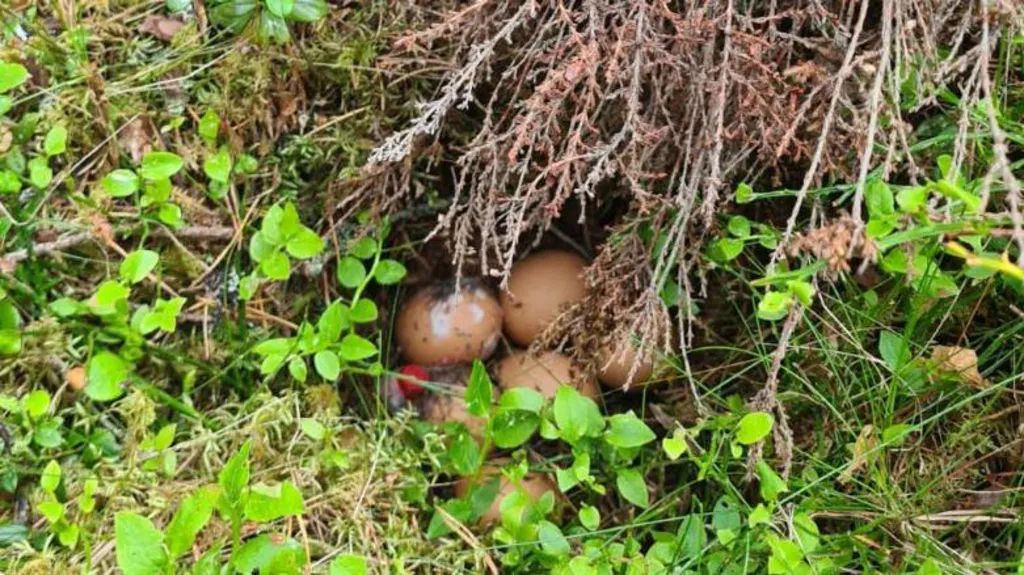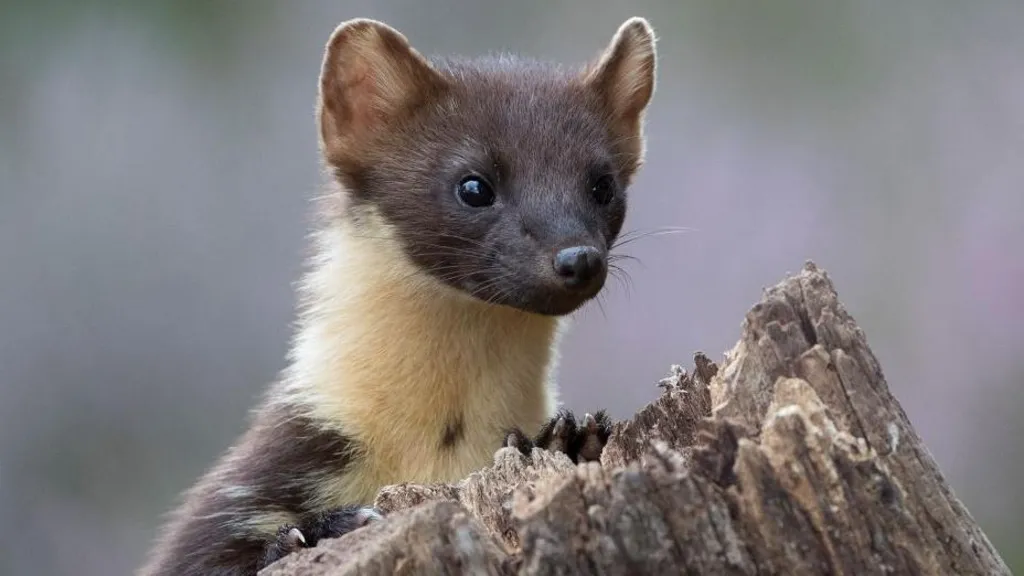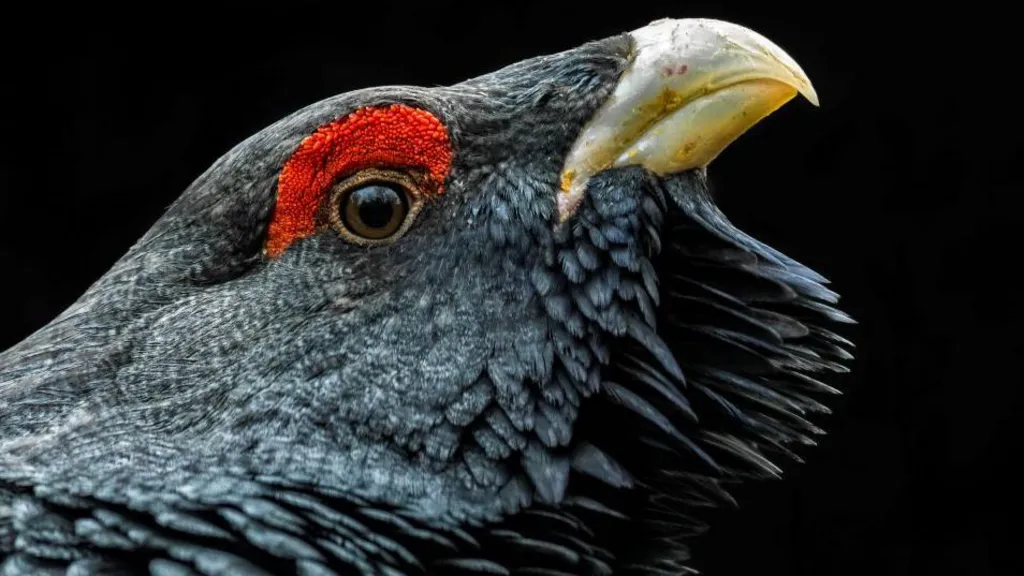Researchers conducted a novel trial aimed at safeguarding one of the UK’s most endangered birds, the capercaillie, which is teetering on the brink of extinction with an estimated population of only 500 individuals in Scotland’s upland areas. This ground-nesting species faces significant threats from predators like pine martens and badgers, which prey on their eggs and chicks.
To combat this threat, a team from the University of Aberdeen devised artificial nests filled with chicken eggs as decoys. Near these nests, they strategically placed deer meat to attract predators away from the real capercaillie nests. Remarkably, the fake nests recorded an impressive 83% survival rate, suggesting the effectiveness of this diversionary feeding strategy.
Published in the British Ecological Society’s Journal of Applied Ecology, the study indicates that diversionary feeding could play a pivotal role in rescuing capercaillie from extinction. As a result of these findings, organizations including Forestry and Land Scotland and RSPB Scotland are implementing this approach in Deeside, Aberdeenshire.

The trial, spanning eight weeks during the breeding season, was conducted across a 23 square mile (60 square kilometer) area managed by the Cairngorms Connect Partnership in the Cairngorms. According to Jack Bamber, a PhD researcher involved in the study, the conflict between recovering predators and endangered prey presents a major challenge in conservation management. He underscores that the recovery of pine martens in Scotland, once a celebrated conservation success, now complicates efforts to preserve capercaillie.

Bamber emphasizes that diversionary feeding offers a promising solution to this dilemma by satiating predators with alternative food sources, thereby reducing predation pressure on capercaillie nests. The urgency of such conservation efforts is underscored by predictions that capercaillie could vanish from Scotland within the next three decades, given their alarming decline since the 1970s.
While capercaillie are not currently of concern in continental Europe, their endangered status in Scotland highlights the critical importance of effective conservation measures. The majority of these iconic birds are concentrated in the Cairngorms National Park, making targeted interventions in this region crucial to their survival.
